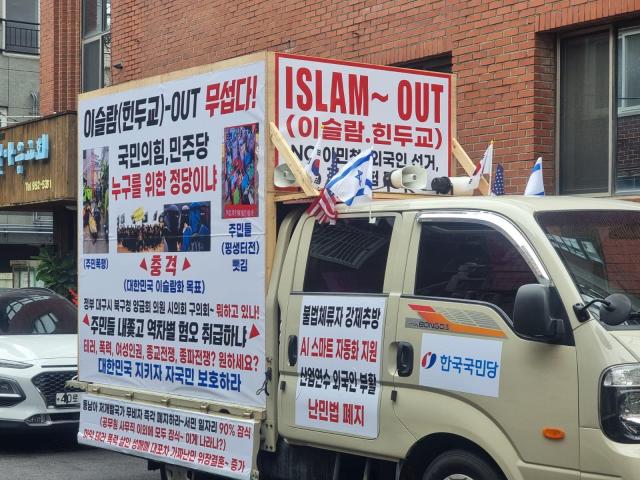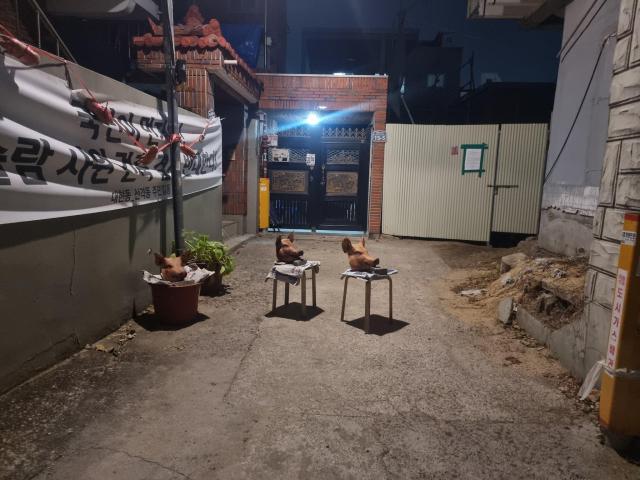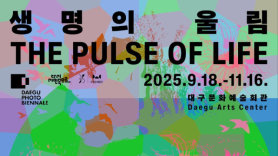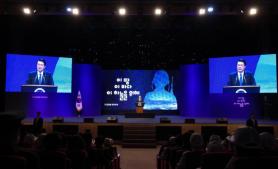
About a dozen of Muslim students at the Kyungpook National University, mostly international students from Pakistan, started their religious gathering in 2012 by renting a small room near the university campus to pray. Five students purchased a cheap house when the rent contract for the original prayer room ended in 2014. According to the university, there were 2,295 international students in 2021 and 317 students were Muslim.
Not many years have passed since the prayer room was first set up until it became too crowded because the number of Muslim students who used the religious area increased to some 80 people. Some students who could not pray inside the house came out to the front yard of the house but they had to face the hot rainy season during summer and extreme cold during winter.
In 2020, students established a non-profit organization and decided to officially build a mosque by purchasing three more houses adjacent to the existing building and received approval from the Daegu Buk District office for the construction of a "religious assembly hall," which is included in the commercial building category of "community facilities."
Students chose to build the mosque in the Daehyun area because it was close enough for them to travel by foot from the university between study breaks. Students with a low budget also found Daehyun-dong attractive because housing prices in the area were also relatively cheaper than other areas in Daegu. The students also felt a need for a place where they could be provided with a sense of community and belonging.
However, about one month before the completion of the building, Muslim students were met with unexpected complaints from nearby residents and Christian civic groups who claimed that the presence of foreign people and the mosque made them feel unsafe. Some people filed complaints to the district office that the approval for the construction of the mosque was not carried out fairly and the religious building would violate the residents' rights to pursue happiness.

Residents' coordinated action to hinder the construction of the mosque sometimes aroused conflicts between Kyungpook National University students who supported their Muslim friends. They strongly condemned some villagers' actions while residents defended themselves by saying that they have the right to do anything they want on their land. Residents continued to hold pork barbecue parties.
The conflict between the mosque community in the Daehyun-dong area and residents is still ongoing even though some residents were slapped with heavy fines for obstructing the construction of the mosque.

"The Korean people interacted with various other communities for centuries and we know that they do not harbor this kind of extremist tendencies among themselves," Tamer said. The Korean Peninsula has been the home of people from various cultures and countries since the seventh century when the Silk Road stretched out from the Middle East to Gyeongju, the capital city of the Unified Silla Kingdom (676~935).
The Turkish envoy also urged South Korean authorities to intervene if necessary to end the conflict. "In order to prevent the spread of Islamophobia, we kindly request from the relevant authorities to be vigilant toward this specific development and intervene if necessary," Tamer said."
Copyright ⓒ Aju Press All rights reserved.



![[UPDATE] Daegu wildfire extinguished after 23 hours, scorches 260 hectares of forest](https://image.ajunews.com/content/image/2025/04/29/20250429105852851894_278_163.jpg)
